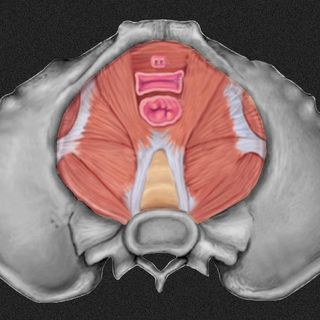In the absence of any major treatments for gastroenteritis, physicians and parents often give probiotics to sick children to ease vomiting and diarrhea. However, findings from a new study suggest there’s not much benefit in this line of treatment: A commonly used probiotic — sold over the counter as Culturelle, also available in India — has been found to be ineffective in relieving or improving symptoms in children diagnosed with stomach infections and food poisoning.
Probiotics are microorganisms such as yeast and good bacteria that live in our guts and aid digestion of food and absorb nutrients.
“Probiotics had no effect on the children. Parents are better off saving their money and using it to buy more fresh fruits and vegetables for their children,” said study co-author Dr Phillip I Tarr, of the pediatric division of gastroenterology, hepatology and nutrition at the Washington University in St. Louis’s School of Medicine.
Read more: Are Probiotics Good for You? New Research Says ‘Meh.’
Probiotics generally are considered safe. However, the US Food and Drug Administration (FDA) does not regulate dietary supplements such as probiotics as stringently as it does prescription and over-the-counter drugs. And so, “manufacturers of probiotics generally can claim that these microorganisms have positive health benefits without rigorous evidence to support their use,” said authors of the study.
“We tested many different scenarios — infants compared with toddlers, whether the patient had taken antibiotics, whether the gastroenteritis was caused by virus or bacteria, and how long the diarrhea had been going on before the treatment was given. We also had the probiotic independently tested for purity and strength. Every time, we reached the same conclusion,” said Dr David Schnadower, who conducted the research as a Washington University in St. Louis professor of pediatrics. “LGG (Culturelle) did not help.”
For this US-based study, published in the New England Journal of Medicine, researchers studied nearly 1,000 children, aged 3 months to 4 years, who came to hospitals with gastroenteritis symptoms such as watery stools, vomiting, diarrhea or other signs of acute intestinal infection.
Half of the children in the study were randomly assigned to receive the probiotic Culturelle twice daily for five days, while the others took a placebo. Otherwise, the children received the same care. Standard care for gastroenteritis in children typically includes rest, high fluid intake to prevent dehydration, and for some, medication to reduce the feeling of nausea. Neither the researchers nor the parents knew which children had received the probiotics.
Regardless of whether the children took a placebo or probiotic, their symptoms and recovery were nearly identical. The data showed that diarrhea in both groups of kids lasted about two days and the kids missed an average of two days of day care.




